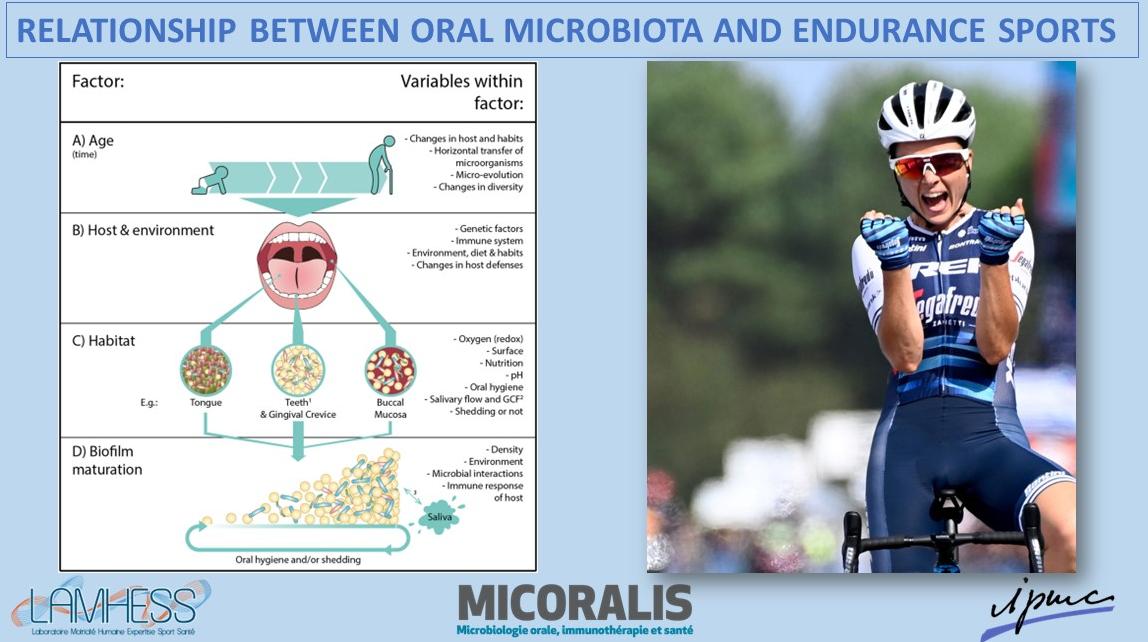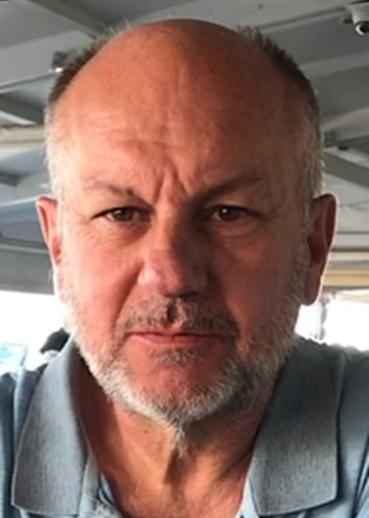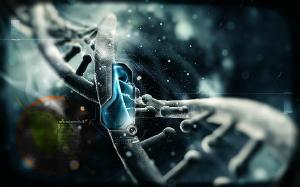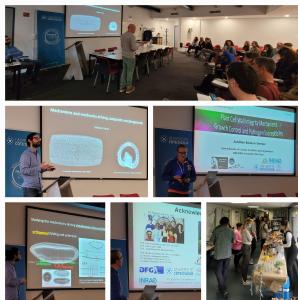Académie d'Excellence "Complexité et diversité du vivant"
Visioconference Microbiota & Sport - Morgane ORTIS - Alain DOGLIO - 10 th Academy 4 Research Webinar - June 20th, 2023 - 12pm
- Research
- Education
- Science and society
- IDEX
- International
on the June 20, 2023
Online
https://univ-cotedazur.zoom.us/meeting/register/tZEvf-ugqzIsG9Cyx5ars_283Sts2XFq63oB
After registration, a confirmation email with the login link will be sent.

It is our pleasure to announce the next Academy 4 Research Webinars on Bio-Medical & Transdisciplinary Topics.
The 10th session on "Microbiote & Sport" will take place on the 20th of June 2023 at noon (12pm)
Link to registration & attendance :
https://univ-cotedazur.zoom.us/meeting/register/tZEvf-ugqzIsG9Cyx5ars_283Sts2XFq63oB
After registration, a confirmation email with the login link will be sent.
PROGRAMME:
12:00

Morgane ORTIS, IDEX PhD student at Université Côte d'Azur
Institutes : MICORALIS (Microbiologie Orale Immunithérapie & Santé)), LAMHESS (Lab Motricité Humaine Expertise Sport Santé), IPMC (Institut de Pharmacologie Moléculaire & Cellulaire)
Email : morgane.ortis@etu.univ-cotedazur.fr
Title of the lecture:
"Relationship between Oral Microbiota & Endurance Sports"
Abstract:
The oral cavity is home to the second largest and most diverse microbiome after the gut, including fungi, viruses, protozoa and over 700 species of bacteria. An oral microbiome in eubiose is crucial for both oral health as well as the systemic health, which has been confirmed for several pathologies, such as diabetes, cardiovascular, pulmonary, and neurodegenerative diseases... Thereby, oral biomarkers could be used to predict future alterations in oral and systemic health… However, only limited data describes the homeostasis in the oral cavity of healthy individuals, in particular, concerning the impact of their lifestyle (i.e. diet, environment, physical effort, stress, etc.).
The practice of regular physical activity is generally considered beneficial for maintaining a good health, but at high intensities, it can promote infections and the development of diseases. This is particularly observed in the oral cavity where many high-level athletes experience a deterioration of the oral health. Although the mechanisms of this deterioration are still unknown, these observations suggest a strong connection between oral biology and physical condition. Our hypothesis is that a sedentary lifestyle as well as high-intensity physical activity induces impoverishments and/or changes in the oral microbiota compared to a regular practice of reasoned physical activity.
This study will include 200 participants divided into 3 groups practicing different levels of endurance physical activity according to the criteria described by the World Health Organization (WHO) (i.e. insufficient, recommended, high). The oral biomarkers will be quantified from saliva samples, due to the many benefits of this sampling method compared to blood samples, e.g. minimizing stress, offering the possibility to test a large number of individuals in a bulk sample while being economically advantageous.
An inherent limitation of the 16S rRNA gene sequencing method is that it only provides the relative abundances of individual community members. Complementary approaches, such as qPCR, are then necessary to quantify the microbial communities. However, this method is expensive, labor-intensive, time-consuming, requires a large volume of reagents, and only tests a few targets at one time. To overcome this, we aim to develop an array specialized in the detection of oral microbiota, thanks to the Biomark™ HD high-throughput system from Fluidigm®, allowing us to obtain 4608 endpoints (96 samples × 48 targets) in a single qPCR run, making it more cost-effective and reducing reaction volume to 10nL scale. This array allows the quantification of 40 oral bacteria, 20 specific to the commensal oral microbiota and 20 specific to periodontal diseases, i.e. gingivitis and periodontitis. The plate also allows the detection and quantification of the 8 human herpes viruses that maintain oral microbial dysbiosis.
12:30

Dr Alain DOGLIO, Enseignant Chercheur Hospitalo-Universitaire
Director of UPR 7354 - MICORALIS, Director of Faculté de Chirurgie Dentaire, Unité de Thérapie Cellulaire & Génique Hôpital PASTEUR, CHU NICE
Email : alain.doglio@univ-cotedazur.fr
Team website : https://odontologie.univ-cotedazur.fr/recherche/reseau-de-recherche
Title of the lecture:
"Oral Microbial Ecosystem in Oral and Systemic Human Health"
Abstract:
The mouth is widely regarded as a mirror of health and disease. A veritable sentinel, it is moreover an accessible warning model for the study of the entire organism. Bidirectional interactions exist between the oral cavity and the body; oral manifestations accompany a number of pathologies (diabetes, inflammatory conditions, cancers, infections...) and conversely, poor oral health can destabilize diabetes, promote obesity, increase cardiovascular risk and, in athletes, impact performance. A model of polymicrobial dysbiosis has been proposed for the most common oral diseases, with the emergence of pathogenic oral bacteria identified as "key pathogens". To date, most studies have focused on bacterial populations, while the viral component has received less attention. In particular, we have investigated the pathogenic role of the Epstein-Barr virus in oral disease, showing that this virus can promote disruption of innate barriers, pro-inflammatory signaling and immune dysregulation, thereby significantly exacerbating disease severity.
Biography:
Alain DOGLIO is the director of the MICORALIS laboratory (Université Côte d’Azur), a research team focused on oral microbiology, immunity and global health.
He is also the head of the cell therapy facility of the CHU de Nice.
Please feel free to contact academies.excellence4@univ-cotedazur.fr for any further information.
--------------------
ORGANIZERS:
Academy of Excellence 4 "Complexity & Diversity of the Living Systems"
PARTNERS
Academy of Excellence 5 "Human Societies, Ideas and Environments"
Graduate School and Research HEALTHY - Health Science Ecosystems
Graduate School and Research LIFE - Life and Health Sciences
Institute NeuroMod - Cognitive Systems, Normality and Pathology of the Human Brain and Computational Neurosciences
Labex SIGNALIFE - Network for Innovation on Signal Transduction Pathways in Life Sciences




















